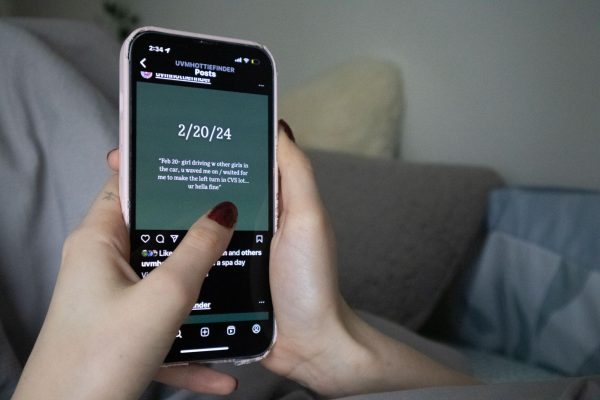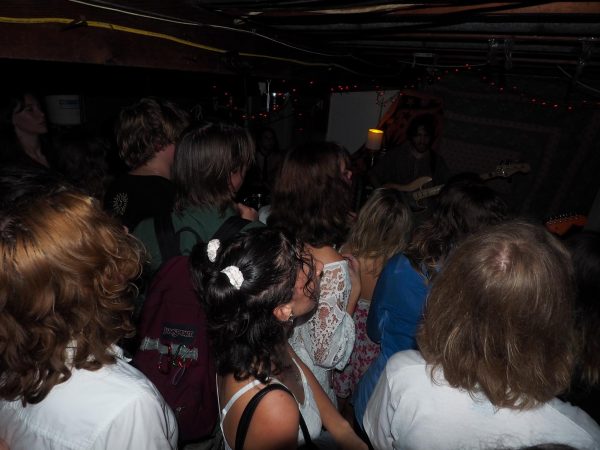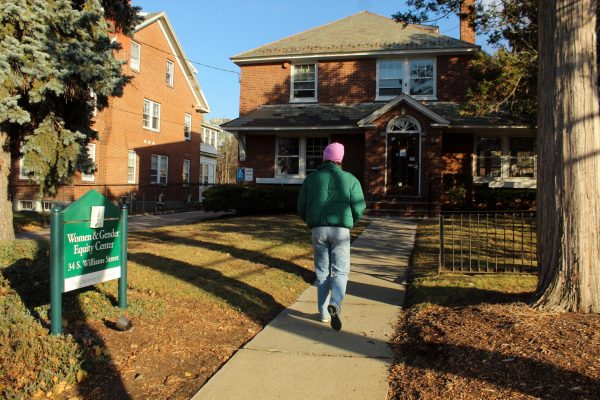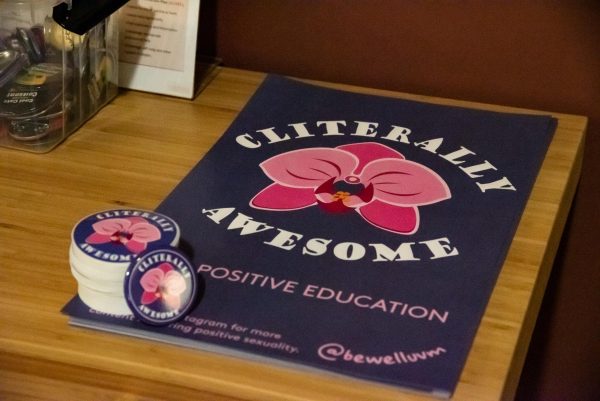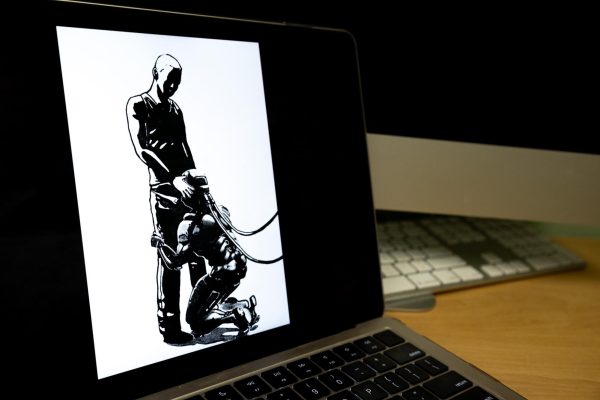Pub Pints and Basement Blackouts
October 13, 2018
At my home university in Cardiff, Wales, alcohol runs in the veins of the city. It keeps the social, sporting and student scenes alive.
After choosing UVM as my destination to study for a semester abroad, I expected many differences between Burlington and my hometown, one of the most prominent of these being the drinking and alcohol culture.
In Cardiff, Monday afternoon lectures are often concluded with a questioning ‘Pub?’ between groups of friends.
Wednesdays are the hallowed nights in which the Student Union, the equivalent of the Davis Center, is swarmed upon by crowds of students coming to enjoy its built-in nightclub; complete with two bars, a dance floor and of course, fast food stations for after.
The alcohol is cheap, and the club sports teams often attend in different fancy dress costumes each week while DJs play music until 3 a.m.
Empty bottles are displayed in first-year apartment windows like trophies, beer cans spill out of the second-year house trash bags on bin collection day and fliers are posted through doors everyday advertising the next night out with cheap alcohol.
It’s anything but a dry campus. It’s soaking wet.
This is all owing to one vital factor: the legal drinking age in Wales is 18.
As a 20-year-old, I found UVM to be something of a culture shock: a “dry campus,” resident advisors monitoring the halls, room inspections and the fact that alcohol is illegal until you’re 21.
Yet drinking culture is commonplace between pregaming, fake IDs and parties. The culture is based around binge drinking and partying. Alcohol is used for one reason: to get drunk. The idea of enjoying a drink for the sake of it is an alien concept.
Sophomore Max Horovitz lived in Switzerland, where the drinking age is 18.
“Coming back to the U.S. was weird,” he said. “When you’re 20 years old, you should be able to drink and learn from those experiences before you turn 21.”
Horovitz said most students don’t follow the imposed rules on campus.
“I don’t think students give a shit that UVM is a dry campus,” he said.
Unless you come to own a particularly good fake, the bars downtown are off-limits to students under 21. Many students in the U.K., however, also have this attitude towards alcohol, despite the bars and clubs being accessible for them.
In Burlington, there are often ticketed parties. On Saturday nights, party-goers can be seen brandishing sleek black “business” cards they have been given. These are tickets to get into a security-guarded party, and those without them are left to stand in little clusters outside as they try and figure out their next move.
The exclusivity, the privilege of being invited and the thought of doing something not allowed all contribute to the feeling of the party scene.
These parties all feature the expected stereotypes for a Brit out of place: red solo cups and loud music.
“One of the main differences I’ve noticed is that at home, we drink cheap vodka out of tea mugs, and here they drink jungle juice out of red cups,” said Phoebe Brunt, an exchange student also from U.K. who attended Reading University.
The musical difference is perhaps most significant. House party playlists in the U.K. consist mainly of drum and bass, bassline and house, whereas in the U.S. this falls under the broader umbrella of EDM and a heavy prevalence of rap and hip-hop.
House parties in the U.K. will often start with a Facebook event. Friends invite friends of friends and, depending on the turn out, they can either be quiet or fill a house with people.
Usually, partygoers are responsible, with the biggest damage being the clean up the next morning.
Police never get called and complaints are rarely made, due to a section of the city being dedicated to student housing.
Regarding clubs and bars, Cardiff’s nightlife is diverse, with both smaller basement clubs and bigger commercial nightclubs.
“We have so many options,” said Cardiff University third-year student Annie White.
“There’s really something for anyone to enjoy,” she said.
White said that without alcohol, University would be “like bread without butter: dry and boring.”
“I couldn’t imagine not being able to drink during my time at university,” White said.
That isn’t to say that the city’s drinking culture doesn’t have a seedy underbelly.
At Cardiff Varsity 2017, the biggest sporting and drinking event of the year, eight arrests were made with alcohol being cited by the police as a major factor, according to a May 2017 article in student newspaper The Tab.
There have also been higher instances of sexual assault in the city in the past few years, with the Student Union having to take preventative measures such as a taxi service to help students get home safely, The Tab reported.
After experiencing life in both cities, it’s clear to me that there are many cultural differences when it comes to partying and consuming alcohol, mainly due to differences in legislature and how that shapes attitudes.
After six weeks here, a cold afternoon pint is definitely missing from my schedule. Maybe that’ll do my liver some good.









